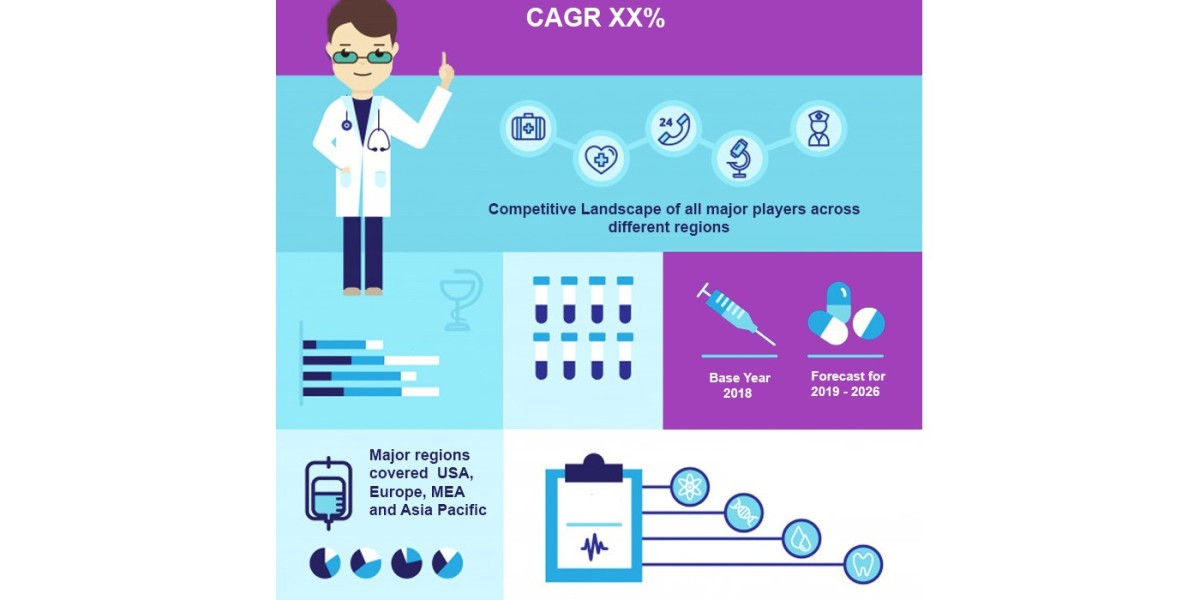The logistics industry is undergoing a digital transformation, driven by advancements in technology and changing market demands. As businesses strive to meet the growing expectations of customers and navigate the complexities of global supply chains, transport logistics software is evolving to provide more sophisticated solutions. In this blog post, we’ll explore the key trends and innovations shaping the future of transport logistics software and discuss how these developments are poised to revolutionize the industry.
The Rise of Artificial Intelligence in Logistics Artificial Intelligence (AI) is one of the most transformative technologies impacting the logistics industry today. AI-powered software solutions are being used to automate processes, analyze large volumes of data, and make real-time decisions that enhance operational efficiency.
1. Predictive Analytics: AI-driven predictive analytics allows logistics companies to forecast demand, optimize inventory levels, and predict potential disruptions in the supply chain. By analyzing historical data, weather patterns, and market trends, AI can provide accurate predictions that help businesses plan more effectively.
2. Autonomous Vehicles and Drones: While still in the early stages of adoption, autonomous vehicles and drones are expected to play a significant role in the future of logistics. These technologies, powered by AI, have the potential to reduce delivery times, lower transportation costs, and improve safety. As regulations evolve and technology advances, we can expect to see more widespread use of autonomous vehicles and drones in logistics operations.
3. AI-Enhanced Customer Service: AI-powered chatbots and virtual assistants are being used to provide real-time customer support, answer inquiries, and resolve issues. These tools enhance the customer experience by providing instant responses and reducing the workload on human customer service representatives.
The Internet of Things (IoT) in Logistics The Internet of Things (IoT) is another key trend that is revolutionizing transport logistics software. IoT refers to the network of interconnected devices that collect and share data, enabling real-time monitoring and decision-making.
1. Real-Time Asset Tracking: IoT-enabled sensors and devices can be attached to shipments, vehicles, and equipment to provide real-time tracking and monitoring. This technology allows logistics managers to track the location, condition, and status of assets throughout the supply chain, reducing the risk of loss or damage.
2. Fleet Management: IoT devices can be used to monitor the performance and condition of vehicles in real-time. This data helps fleet managers optimize routes, schedule maintenance, and reduce fuel consumption, leading to lower operational costs and improved efficiency.
3. Environmental Monitoring: IoT sensors can monitor environmental conditions such as temperature, humidity, and vibration during the transportation of sensitive goods. This ensures that products are stored and transported under optimal conditions, reducing the risk of spoilage or damage.
Blockchain for Transparent and Secure Supply Chains Blockchain technology is gaining traction in the logistics industry due to its ability to provide transparency, security, and traceability in supply chain operations.
1. Secure and Transparent Transactions: Blockchain enables secure and transparent transactions between parties in the supply chain. Each transaction is recorded on a decentralized ledger, which is immutable and accessible to all stakeholders. This reduces the risk of fraud and ensures that all parties have access to accurate and up-to-date information.
2. Traceability: Blockchain allows for the traceability of goods throughout the supply chain, from the manufacturer to the end customer. This is particularly valuable in industries such as food and pharmaceuticals, where traceability is critical for ensuring product safety and compliance with regulations.
3. Smart Contracts: Smart contracts are self-executing contracts with the terms of the agreement written into code. These contracts automatically execute when certain conditions are met, reducing the need for intermediaries and streamlining the execution of agreements between parties.
Sustainability and Green Logistics As concerns about climate change and environmental impact grow, the logistics industry is increasingly focused on sustainability. Transport logistics software is playing a key role in enabling green logistics practices.
1. Carbon Footprint Reduction: Transport logistics software can optimize routes, reduce fuel consumption, and minimize emissions, helping companies reduce their carbon footprint. Additionally, software solutions can track and report on environmental impact, enabling businesses to meet sustainability targets and regulatory requirements.
2. Electric and Hybrid Vehicles: The adoption of electric and hybrid vehicles in logistics fleets is on the rise. Transport logistics software can help manage the deployment and maintenance of these vehicles, ensuring that companies maximize the environmental benefits of their green fleet.
3. Sustainable Packaging: Logistics software can also assist in managing sustainable packaging solutions, such as reusable or recyclable materials. By optimizing packaging processes and materials, companies can reduce waste and minimize their environmental impact.
The Importance of Choosing the Right Software Provider With so many innovations and trends shaping the future of transport logistics software, choosing the right software provider is more important than ever. Here are some factors to consider when selecting a provider:
1. Technology Leadership: Look for a provider that is at the forefront of technological advancements in the logistics industry. The provider should be continuously innovating and adopting new technologies to stay ahead of the curve.
2. Customization and Scalability: The provider should offer solutions that can be customized to meet your specific needs and scaled to accommodate future growth. Flexibility is key in a rapidly changing industry.
3. Support and Training: Implementing new software can be challenging, so it’s important to choose a provider that offers comprehensive support and training to ensure a smooth transition and ongoing success.
Conclusion The future of transport logistics software is bright, with AI, IoT, blockchain, and sustainability leading the way. These innovations are transforming the logistics industry, enabling companies to operate more efficiently, transparently, and sustainably. By staying ahead of these trends and choosing the right software provider, businesses can position themselves for long-term success in a dynamic and competitive market.








